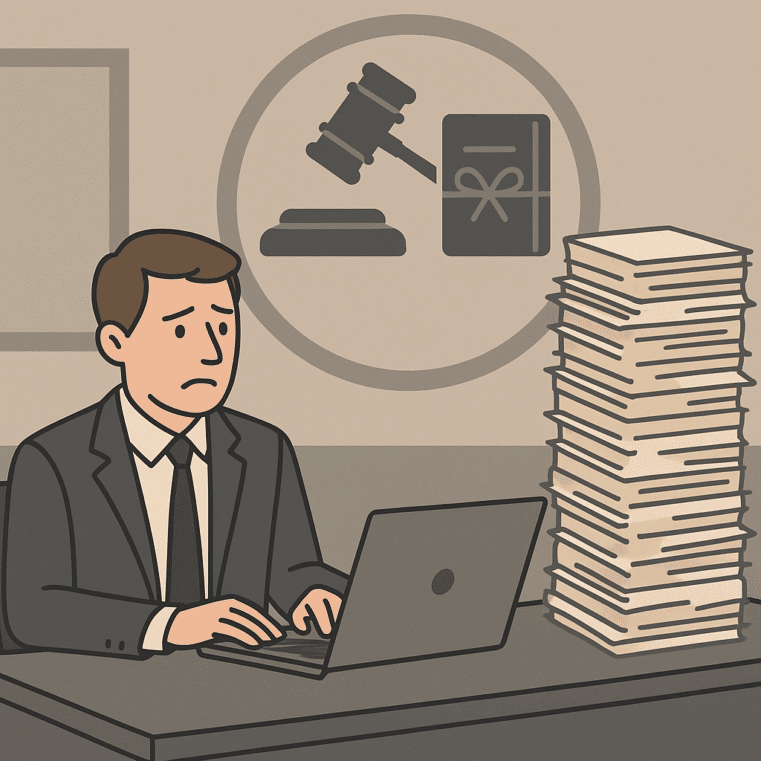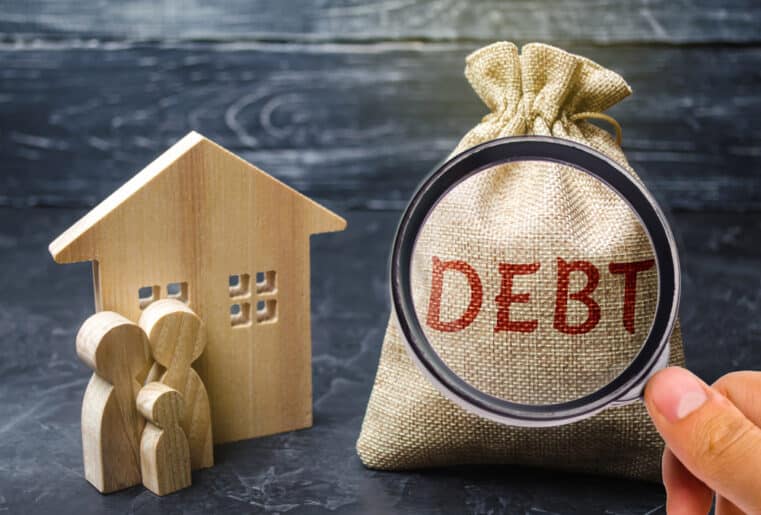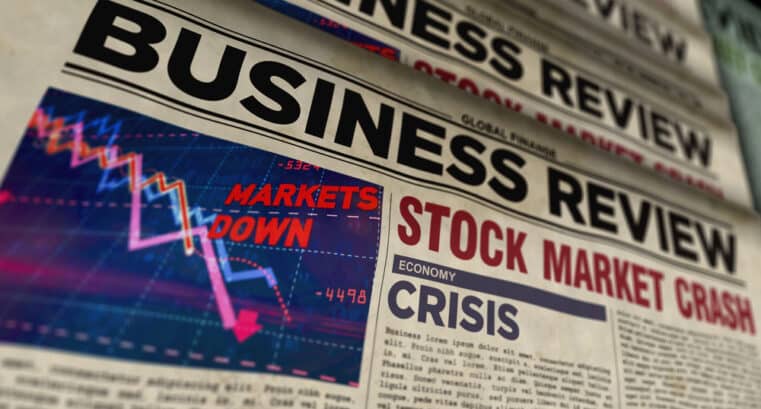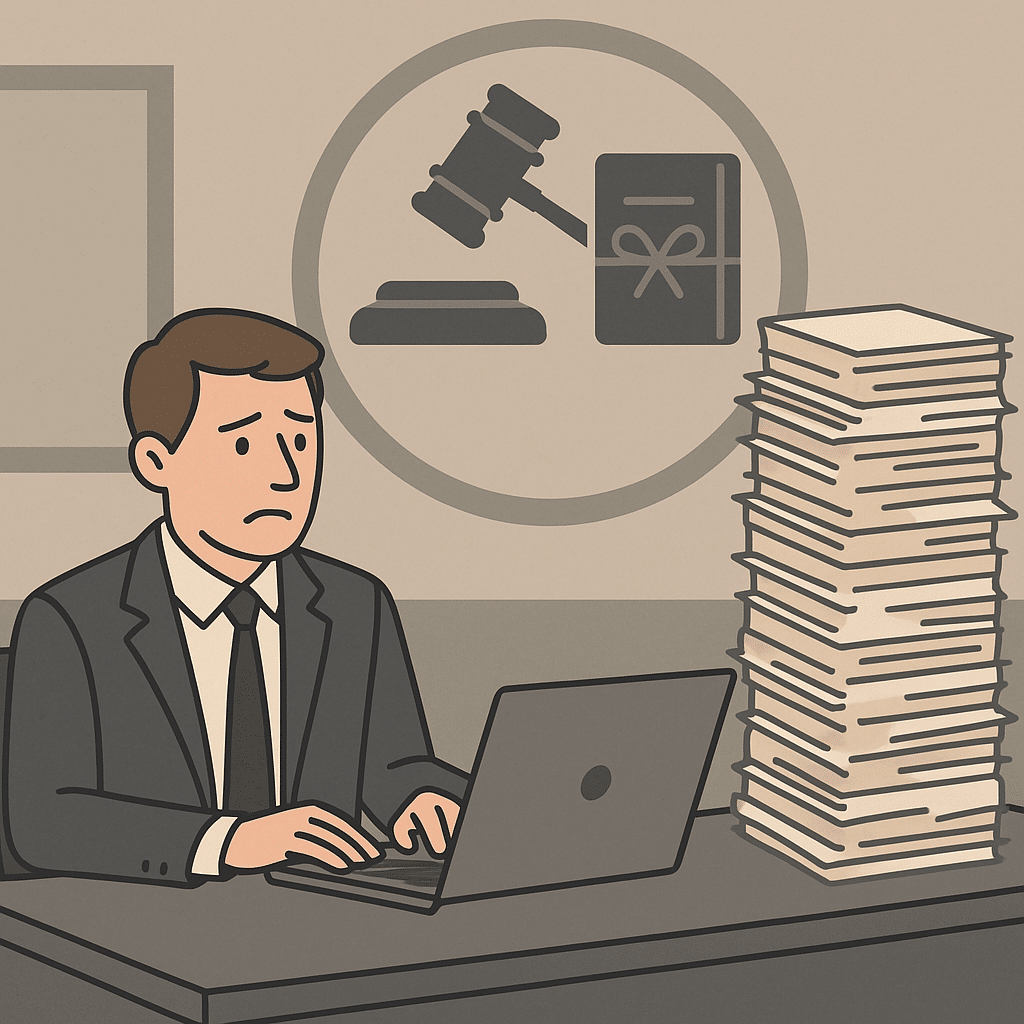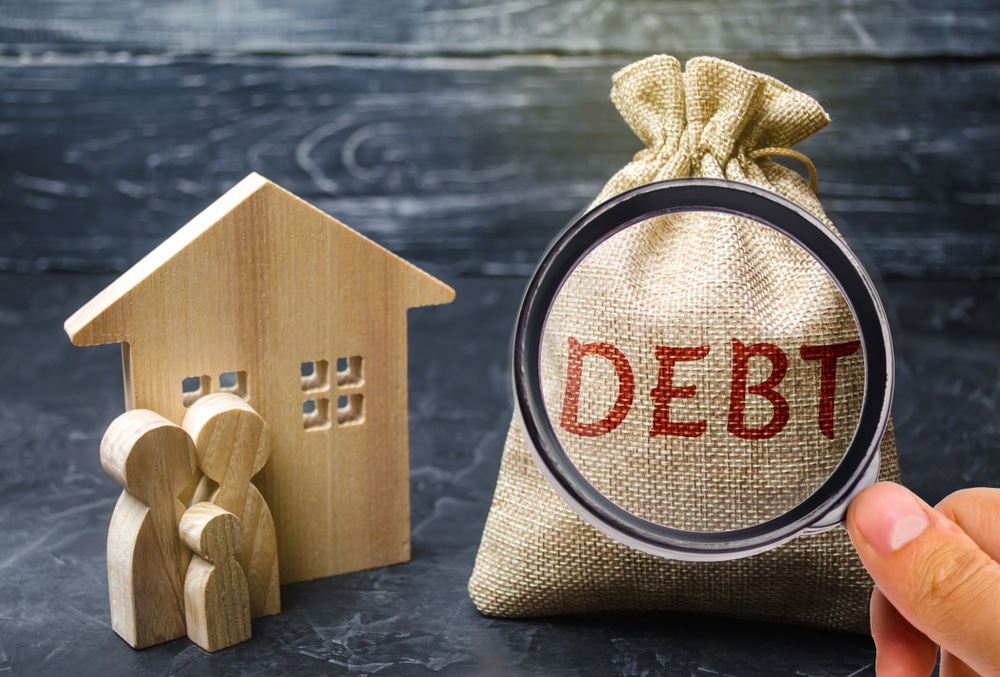
The U.S. Economy Would Continue To Crash Even If Lockdowns Were Lifted
EDITORS NOTE: Many Americans are so afraid of this virus that they have no intention of resuming normal economic patterns anytime soon. The data shows that turning around the economy and getting back to "normal" is going to take some time.
COVID-19 has created an enormous amount of fear, and that fear is doing far more damage to the economy than the actual virus is. In an environment of fear, financial institutions become a lot tighter with their money, and that inevitably causes economic activity to slow down. For example, just consider what happened in 2008. Mortgage lending standards suddenly became much more strict, and that greatly contributed to the horrific housing price crash which left millions upon millions of Americans underwater on their mortgages. Unfortunately, this coronavirus pandemic has created a wave of fear that is far greater than what we experienced during the last recession, and that has enormous implications for the months ahead.
Extremely loose lending standards helped create debt-fueled “booms” throughout our economy in recent years, but now lending standards are going in the complete opposite direction very rapidly.
For instance, Chase is now requiring a credit score of at least 700 for all new home loans, and they are one of the financial institutions that is now requiring a down payment of at least 20 percent…
A Chase spokesperson confirmed that starting April 14, new mortgage applicants will need a minimum credit score of 700 and a down payment of 20%. Refinancing applications for non-Chase mortgages will also need the same score. Chase didn’t disclose its previous lending standards but the average downpayment for first-time home buyers is around 6%, according to a 2018 survey from the National Association of Realtors.
If you own your home, would you have been approved for a mortgage under the new Chase standards?
And Chase is far from alone. In fact, most major mortgage lenders have now tightened up, and Redfin is estimating that about a quarter of all home buyers last year would not have qualified under the new standards.
So if you remove about a quarter of all buyers from the marketplace moving forward, what happens to the housing market?
Yes, there will be an implosion, and it will happen no matter whether coronavirus lockdowns are in effect or not.
And home equity loans are going to be hit even harder. As I discussed last week, Wells Fargo is no longer taking HELOC applications at all.
So now matter how good your credit is, you simply cannot get a home equity line of credit from Wells Fargo at this point.
This is what fear does.
We see similar things happening in the credit card industry. Standards have been greatly tightened for new customers, and in some instances existing customers are having their limits slashed or their cards suddenly canceled. The following comes from Newsweek…
Analysts warn that credit card companies are lowering credit limits and canceling cards—often without warning—amid the pandemic-induced economic crisis, just as they did during the Great Recession.
If you think that this won’t have a dramatic impact on the U.S. economy, then you probably haven’t been paying attention.
Our economy is a consumer driven economy, and if consumers don’t have access to easy credit there is no way in the world that economic activity will return to previous levels.
Of course even if they did have access to easy credit, many Americans are so afraid of this virus that they have no intention of resuming normal economic patterns any time soon…
Here’s hoping you enjoyed the last movie or concert you attended, because if the results of a new survey are accurate, it may be a long, long time before such events are ever popular again. According to the research, 40% of Americans plan to avoid public spaces unless “absolutely necessary” long after the coronavirus pandemic has subsided.
The survey, commissioned by Vital Vio, asked 1,000 U.S. adults about how they envision every day life in the wake of the coronavirus. All in all, it looks like there are suddenly a whole lot more germaphobes in the land of the free. Over four in five (82%) said they are now more aware of, and concerned about, cleaning protocols in public areas. Additionally, 58% are more suspicious about their friends’ and family’s hygiene habits.
And a lot of companies are also going to be extremely hesitant to “return to normal” because of the threat of lawsuits.
Earlier today, I was stunned to learn that 771 coronavirus-related lawsuits have already been filed…
Hundreds of lawsuits stemming from the coronavirus pandemic are rapidly amassing in state and federal courts, the first wave of litigation challenging decisions made early during the crisis by corporations, insurance companies and governments.
Claims have been filed against hospitals and senior-living facilities, airlines and cruise lines, fitness chains and the entertainment industry – 771 as of Friday, according to a database compiled by Hunton Andrews Kurth, an international law firm tracking cases that emerge from the pandemic.
Isn’t that insane?
I have repeatedly warned my readers that it will be exceedingly difficult to “return to normal” in our overly litigious society, but even I didn’t expect so many lawsuits so soon.
And this is just the beginning. Eventually there will be thousands upon thousands of coronavirus lawsuits, and they will tie up our courts for the foreseeable future.
This pandemic just seems to be magnifying everything that is wrong with our society, and at this point the future looks so bleak that even perpetually optimistic Warren Buffett is throwing in the cards…
A 95% plunge in passengers. Billions in losses. A rush for new debt. A recovery that executives expect to take years. Coronavirus is roiling the airline industry and the Oracle of Omaha has seen enough.
Warren Buffett told investors Saturday that Berkshire Hathaway has sold its entire stakes in the four largest U.S. airlines — American, Delta, Southwest, United — as the pandemic upends another bet on the sector that the famed investor had shunned for years before a surprise return in 2016.
Buffett understands that fear of this virus is going to paralyze air travel for a very long time to come, and he is getting out while he still can.
But if our society cannot even handle COVID-19, what will things look like once much worse things start happening?
It has been sobering to watch how rapidly our “snowflake society” has melted during this pandemic.
Now virtually the entire nation is paralyzed by fear, and the once great U.S. economy is crashing all around us.
And the really bad news is that this is just the beginning…
Originally posted on TMIN



